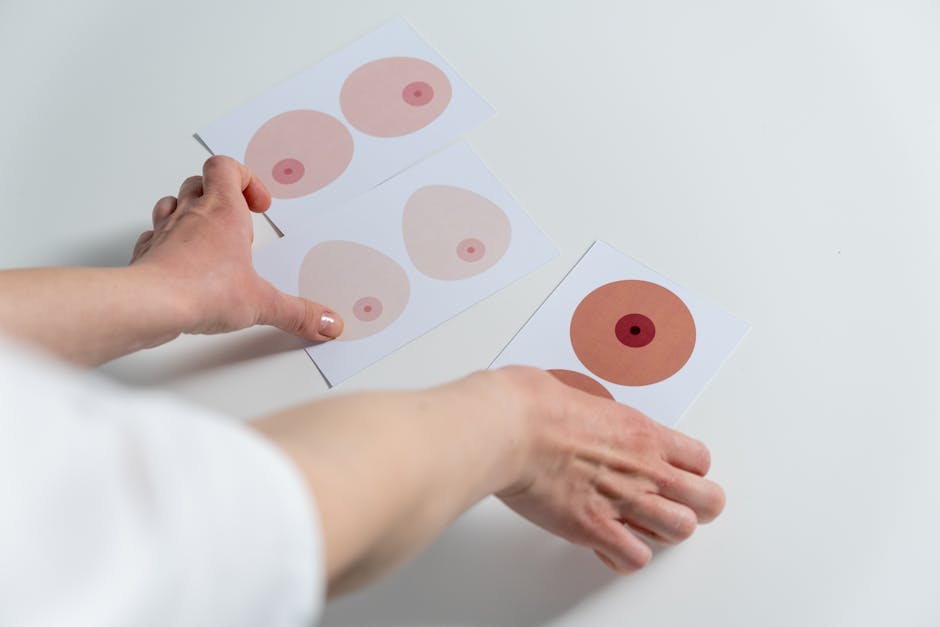
A Practical, Compassionate Guide to Understanding Anatomy, Blocks, and How to Explore Safely
If you’ve ever thought, "I’ve never had an orgasm—Is something wrong with me? - A practical, compassionate guide to understanding anatomy, blocks, and how to explore safely," you’re far from alone. This guide is here to offer reassurance, science-backed insights, and practical steps to help you learn about your body, overcome barriers, and discover pleasure at your own pace. There’s no "right way"—only what feels right for you.
Quick Answer: Not having experienced an orgasm is common and usually not a sign that anything is "wrong." Many factors—including anatomy, stress, past experiences, and lack of information—can contribute. With education, patience, and safe exploration, most people can discover what brings them pleasure.
Understanding Orgasm: Myths, Anatomy, and What’s Normal
Let’s clear up a big myth: There is no universal "normal" when it comes to orgasm. Studies show that up to 10-15% of people with vulvas have never had an orgasm, while about 8% of men also report difficulties. Sexual response is deeply personal and influenced by biological, emotional, and social factors.
- Everyone’s anatomy is unique; what works for one may not work for another.
- Orgasm isn’t just physical—mental and emotional comfort are key.
- Pressure to "perform" or "achieve" can actually make orgasm more difficult.
According to Dr. Laurie Mintz, author of "Becoming Cliterate," understanding your own anatomy—and letting go of shame—are crucial first steps toward pleasure.
Common Blocks to Orgasm: Emotional, Physical, and Cultural
"I’ve never had an orgasm—Is something wrong with me?" is a question shaped by societal expectations and misunderstandings. Here are some common reasons orgasm can be elusive:
- Stress and Anxiety: Research finds that stress hormones can inhibit arousal and orgasm.
- Lack of Accurate Sex Education: Many people are never taught about their own bodies or how pleasure works.
- Medical or Medication Issues: Certain health conditions or medications can affect sexual response.
- Relationship Dynamics: Emotional closeness and trust can impact pleasure and orgasm.
- Past Trauma: Unresolved experiences may create mental or physical blocks.
Remember, these challenges are common and nothing to be ashamed of. If issues persist, consulting a sexual health professional can provide tailored support.
Practical Steps to Explore Pleasure Safely and Comfortably
Ready to start your journey? The most important thing is to approach exploration with curiosity and self-compassion. Here are some steps to support your self-discovery:
- Set aside time for self-exploration in a private, relaxed space.
- Use body-safe personal lubricants to enhance comfort and sensation.
- Consider experimenting with a vibrator or pleasure product to discover new types of stimulation.
- Practice mindfulness—focus on the sensations, not the "goal."
- Explore resources like The Planet Mars for education and Canadian-owned, inclusive sexual wellness products.
Anecdote: One reader shared, "For years, I thought something was wrong with me. Learning about my own anatomy and trying a new product from The Planet Mars gave me the confidence to explore without judgment. It changed everything."
When to Seek Professional Support: Listening to Your Body
If you’re experiencing ongoing distress about orgasm or if pain or discomfort is present, consider reaching out to a certified sex therapist or healthcare provider. They can help you identify any underlying issues and guide you safely. For product safety, always use body-safe toy cleaners and read up on best practices.
Disclaimer: This blog is for informational purposes only and does not replace professional medical advice. If you have health concerns, consult a qualified provider.
Key Takeaways
- Not having an orgasm is common and not a sign of failure.
- Understanding anatomy and emotional factors is key to pleasure.
- Exploring safely with products from trusted brands like The Planet Mars can help.
- Seeking support is a sign of strength, not weakness.
- Your pleasure journey is unique—embrace it with compassion.
Ready to explore your body with confidence? Discover inclusive education, Canadian-owned support, and pleasure-enhancing products at The Planet Mars today!

Conclusion
- Not having an orgasm is common and normal for many people. - Understanding your own anatomy and emotional state is essential. - Safe exploration and the right products can support your pleasure journey. - Stress, lack of education, and relationship dynamics are common blocks. - Seeking professional help is helpful if distress or pain persists.
Ready to explore your body with confidence? Discover inclusive education, Canadian-owned support, and pleasure-enhancing products at The Planet Mars today!




















